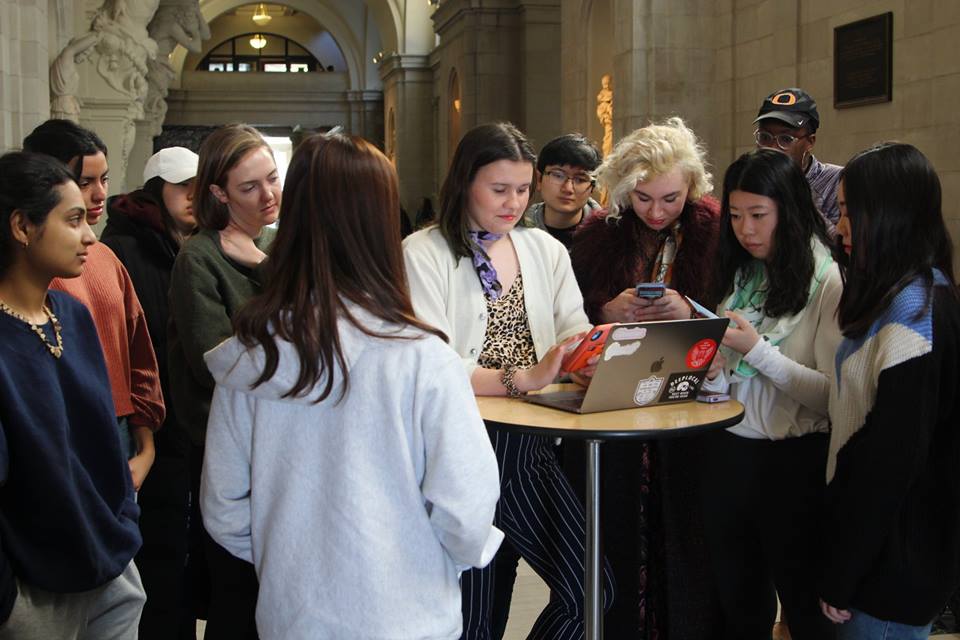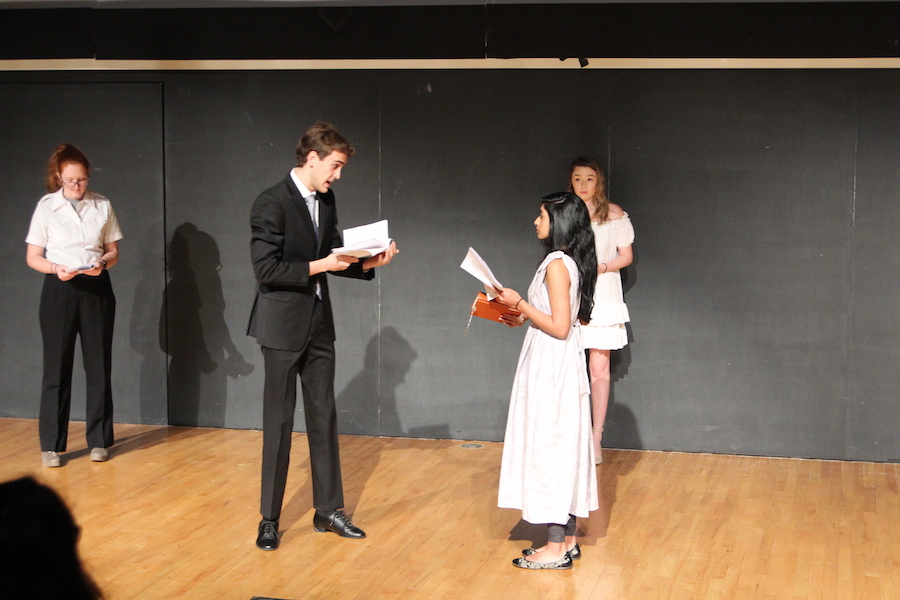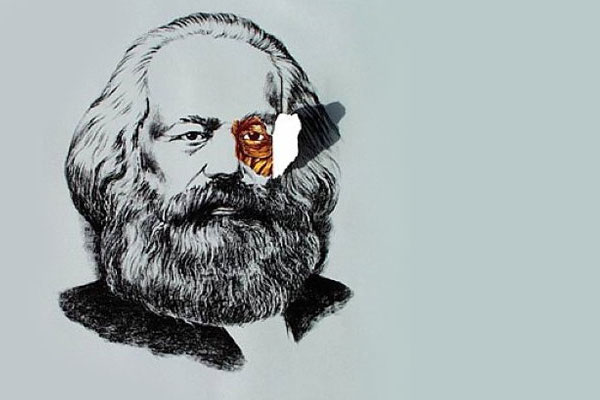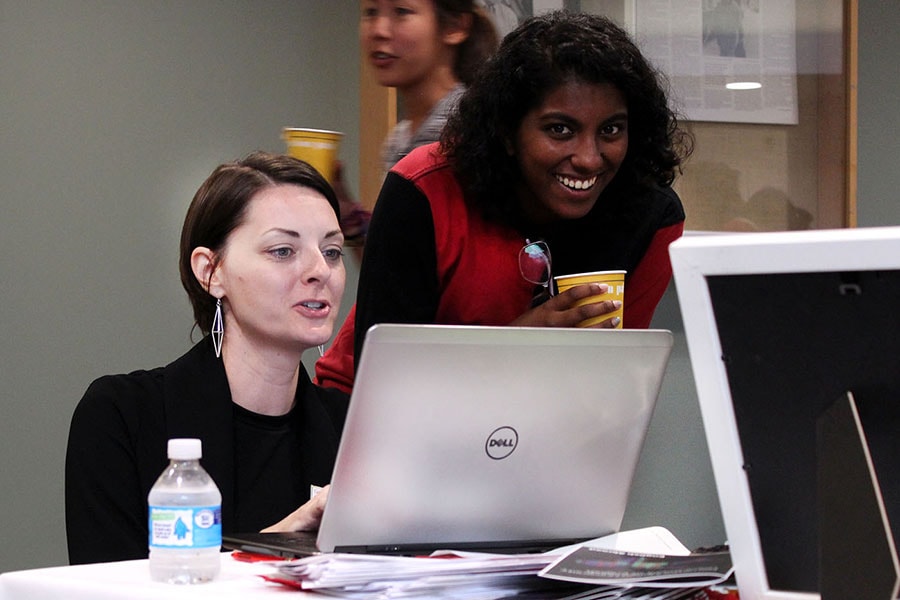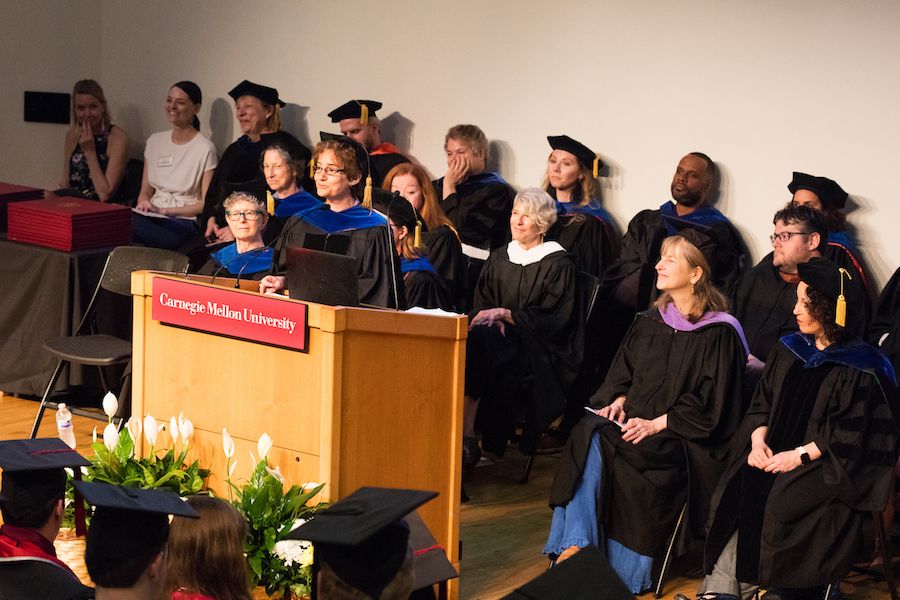Literature & Culture Undergraduate Program
The Literature & Culture undergraduate program trains you to be an agile interpreter of and writer about literature and culture; skills that can be applied to the wide variety of complexities and challenges you may face in your professional life and beyond.
The goal of the Literature & Culture Major is to teach you how to read, interpret, and write persuasively about novels, poems, plays and other imaginative works across a variety of genres and media forms. Along with teaching you the analytical skills and methodological tools to interpret these works, this major will teach the importance of understanding imaginative works within their cultural and historical contexts. In addition, the major is designed to train you in strong professional and academic skills like critical thinking, inductive reasoning, and persuasive argumentation that are applicable to other fields of study and a variety of career paths.
Our university’s strengths in technology, STEM fields, and the social sciences are only increased by the training of agile interpreters of, and writers about, the wide variety of complexities and challenges they may face; the curriculum for this major will therefore serve our students outside as well as inside the major.
Foci and Learning Objectives
- How to read and interpret complex texts: The world is composed of images and texts. The skill of reading a text or an image, paying attention to connotation, shifts in tone, and the affective force of images or texts does not come naturally. Interpretation requires not only specialized strategies of reading, but a knowledge of how genre, media forms, and the physical circulation of texts in a given time and place shape meanings.
- How to write persuasive interpretations: Writing is integral to the reading practices that go into literary and cultural interpretation. It is also a highly transferable skill that offers the ability to write clearly and critically, shape coherent arguments, and to use evidence effectively.
- How to understand texts and cultural contexts: Literary and cultural history is critical to interpreting texts. The major will help students understand how meaning can shift within different cultural and historical contexts.
- How to use theoretical frames for literary and cultural interpretation: Theory informs interpretations, whether people are aware of it or not. The objective in the program is, therefore, not to indoctrinate students in the use of any particular theory as an interpretive frame, but to create a broad theoretical awareness and a basic familiarity with some of the dominant theories that have shaped ways of reading in the disciplines of English and cultural studies.
The curriculum as a whole provides a staged learning experience in research methods, beginning with limited, toe-in-the-water projects and culminating in a full-fledged research project. These skills in reading, writing, and systematic methods of problem formulation and solving speak to students' employability and readiness for postgraduate education.
Spotlight: Stephen Wittek
Professor Wittek explores the intersection between early modern drama and cultural studies
Stephen Wittek is the author of The Media Players: Shakespeare, Middleton, Jonson, and the Idea of News (University of Michigan Press in 2015), a study of the co-productive relationship between the commercial news industry and the theatrical industry in early modern England. Wittek's work has also appeared in journals including Studies in English Literature, Digital Humanities Quarterly, and Journal of Cognitive History.
Among many additional projects, Wittek is the director of the virtual reality education project, Shakespeare-VR, and co-director of the Center for Early Modern Print, Networks, and Performance along with Professor Chris Warren.

